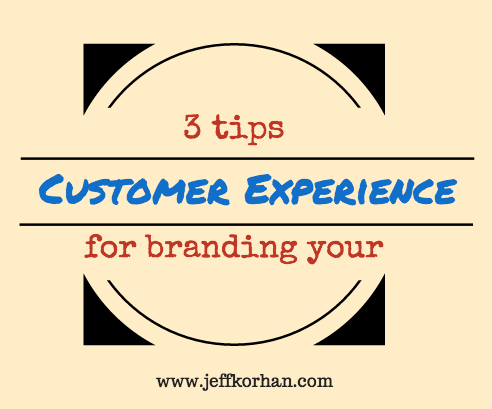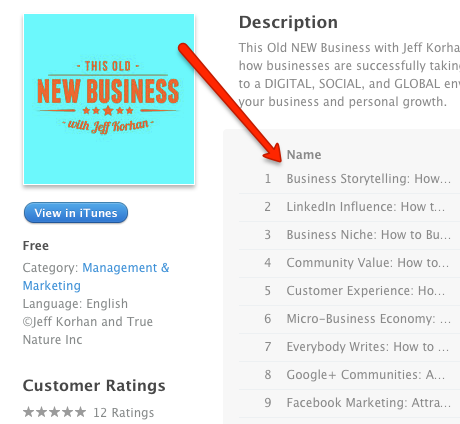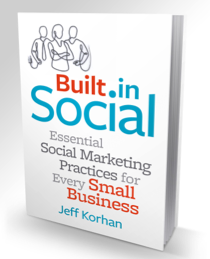
The customer experience is a hot topic in business circles these days. I find that interesting because understanding, orchestrating, and naming that experience has always been smart marketing.
Once again, Sem London is new again.
In many ways your process for delivering exceptional customer experiences is your business brand. The challenge is packaging it in such a way that makes it tangible, and therefore, memorable.
Let’s take a look at three important considerations for doing this, along with examples that show how it works in practice.
#1 – Take Buyers on a Journey
Think of the purchase of your product or service as a destination. It’s clearly where the buyer and the business both want to go, but that transaction can be very unsatisfying if the journey for getting there is challenging.
This is why buyers are reluctant to approach many businesses. Intuitively, they sense something is not quite right. This means marketing has failed.
Your business needs to understand the typical obstacles for engaging with companies like yours. Then use your marketing to address them.
Hint #1: There is probably more than one obstacle.
Hint #2: These are chronic obstacles that relate to trust.
To get started, consider how a buyer would want to buy if they had full access to your experience and expertise. What are the questions they should be asking? What questions should your business be asking to learn how to help them?
Hint #3: Why are they not asking the most important questions?
#2 – Describe the Experience in Two Words
When selecting a title for my podcast episodes, I choose the two best words that describe it because that is all that will be visible on iTunes.

This is an important exercise that instantly communicates what the episode is about, both for listeners and for SEO.
What is it about your business in a couple of words that differentiates it from every other? Is it smarter, faster, or friendlier?
Here’s the test: If I ask someone in your community or industry to name who is known for X, will they name you or your business? What is X in two words?
To give you an example, when I operated my landscape business we named our process The Intelligent Landscape System™. The word intelligent obviously suggests a smarter way that has been carefully orchestrated into a repeatable system.
That’s what we wanted to be known for – being smart and intelligent, just like the affluent customers we served.
In a world where most people do not trust companies, a process, or way, or system that promises to take buyers on an enjoyable journey that leads to a desired result is everything. The challenge is often simply branding (naming) and promoting it.
#3 – Put Your Customer Experience on a Pedestal
Have you ever walked into a business that has a framed photo or portrait of the founder proudly displayed in the lobby? The story of how that founder cared for his or her first customers is revered.
The same should be true of your process for delivering exceptional customer experiences. That’s why you give it a name, create a graphic representation of it, and prominently display it in your marketing. In my landscaping days before digital, it was on the walls of our conference room where we met with customers.

Especially these social media days, promoting a business can turn buyers off. Whereas, promoting stories that capture the essence of what the business is all about is interesting, engaging, and memorable. That essence is your branded customer experience.
Name it and own it.
People don’t care about what you do until they learn why. Legendary sales trainer Zig Ziglar put it like this, “People don’t care how much you know until they know how much you care.” Your carefully orchestrated process is evidence that you care.
It represents your customer experience. Brand and promote that and you will sell more.
About the Author: Jeff Korhan, MBA, is the author of Built-In Social: Essential Social Marketing Practices for Every Small Business and host of This Old New Business podcast.
He helps mainstream businesses adapt their traditional growth practices to a digital world. Connect with Jeff on LinkedIn, Twitter, Facebook, and Google+



